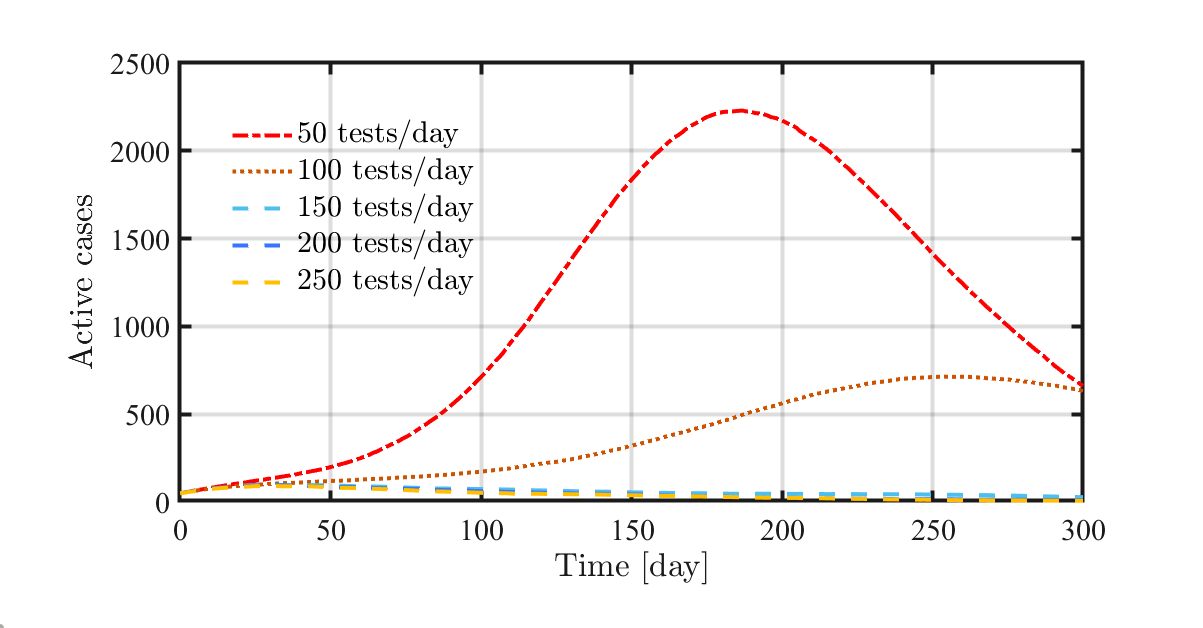Can the control of pests and diseases in agriculture help against COVID 19? In the PANTHEON project we use the knowledge acquired by the modelling of agricultural diseases to model the spread of the epidemic and come out with novel testing strategies.
Researchers from PANTHEON have made great advances on the definition of smart testing strategies thanks to their work with agricultural diseases. The origin of this research comes in fact from the modelling of diseases in hazelnut orchards within as part of the objectives of the H2020 PANTHEON project.
While working on the modelling of the disease spreading, the team came to realize that, since the measurements that can be performed each day on orchard can cover only a limited number of plants over the entire orchard, the problem of monitoring the various phytosanitary parameters of the plants was closely connected to the problems of observation and sensor selection over wireless sensor networks. In particular they realized that the problem of determining the most important plants to be measured/tested by robots and agronomists was closely connected to a problem of optimal sensor selection. With the arise of the COVID-19 crisis in March/April 2020 they realized that the very same problem they were studying for the orchard setting was very relevant also in the COVID situation, and as such they shifted their attention to the problem of smart testing for human networks.
Their first work on the subject will be published in the next issue of Annual Reviews in Control as "Smart Testing and Selective Quarantine for the Control of Epidemics". The main idea of this work is to model the COVID-19 epidemic as a stochastic dynamic system and to select the individual to be tested in order to minimize the probability of undetected asymptomatic cases. The promising simulation results show the great improvement of the containment of the epidemic obtained by the proposed testing selection.
 pro
pro
More information on: Annual Reviews of Control
Additionally, "Testing more and earlier = better control of the epidemic and lower social costs" , their second work, has been submitted to the European Journal of Epidemiology. This article studies the effects of the variation in the number of daily tests and the time delay to the application of measures like test and trace. The obtained results suggest two very important facts: i) widespread testing does not only greatly reduce the evolution of the epidemic but also the social and economical costs and ii) the timing of application of the testing policy is as important as the policy itself.

More information on: Research square

